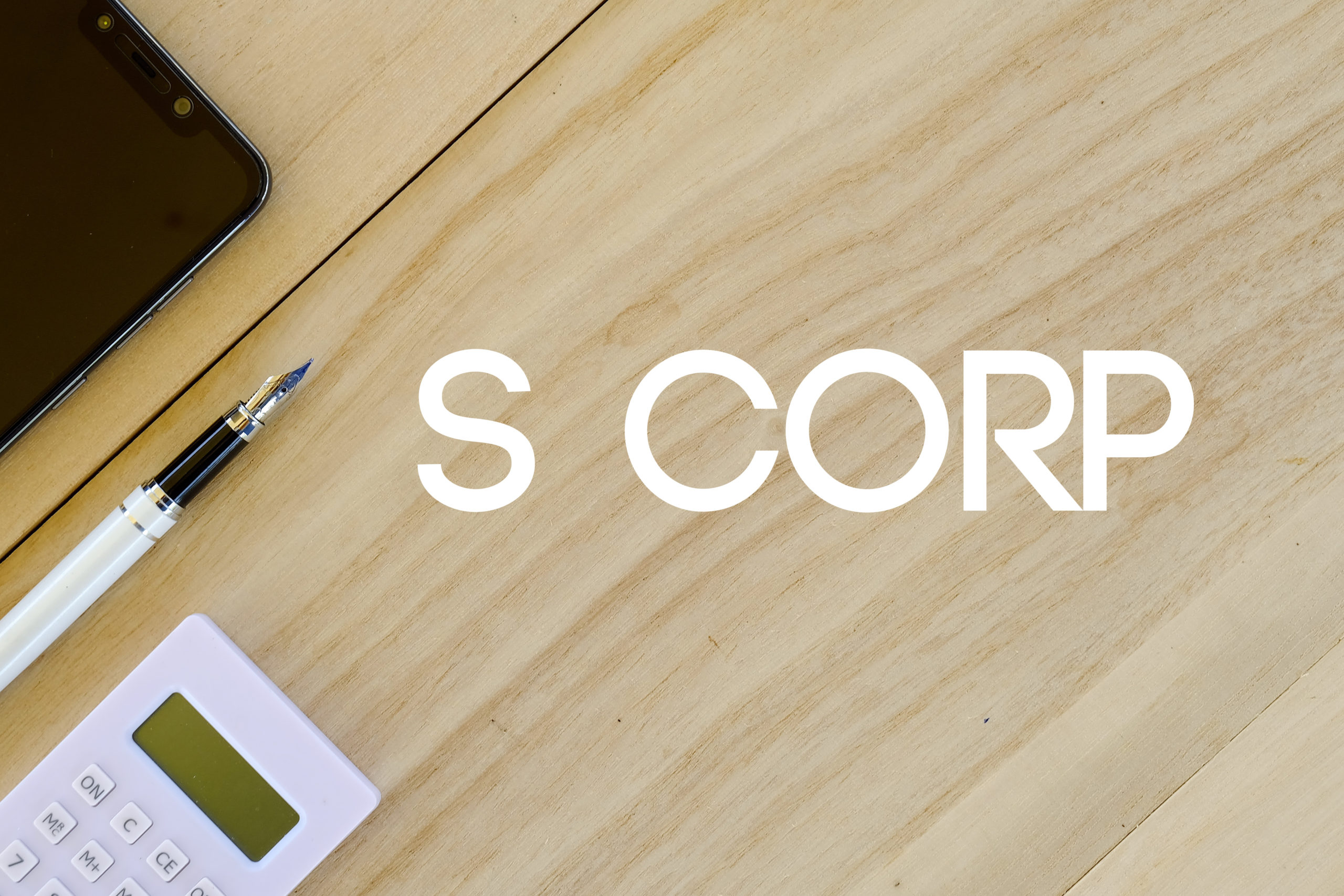How do Business Owners pay Themselves?
Small business owners pay themselves differently depending on their business structure. Sole proprietorships, S-corps, C-corps, and partnerships all have different IRS rules governing how the business can pay its owners and how those earnings are taxed.
Business owners with sole proprietorships pay themselves with a draw. S-corps and C-corps can pay themselves with a salary or distribution, and partnerships pay themselves with a guaranteed payment. A draw is when the owner takes funds from the business equity account for personal use, including profits and capital funds. An owner’s draw is not taxable on the business level; however, the draw is taxable as income on the owner’s personal 1040 tax return. A salary is when the owner is added to the company payroll. A salary is subject to the same payroll taxes as a standard W-2 employee of the company. To determine which business structure or method is right for you, it is important to consider business funding and tax liability.
How does a Business Owner pay Itself Under an S-Corp?
Under an S-corp, a business owner cannot take a draw—the owner must take a salary and file a W-2 with the IRS. A W-2 is a form an employer must send to the IRS at the end of each year to report the annual wages and amount of taxes withheld from the paycheck.
The IRS requires the S-corp business owner to earn a “reasonable compensation”; however, this term has not been defined by the IRS. Nonetheless, it has been interpreted as comparable to what the owner would pay another employee to conduct the same work. If the IRS determines the compensation is not “reasonable,” it may be deemed disproportionate and subject to an IRS audit, along with penalties and interest.
What are Deductible Expenses Under an S-Corp?
S-corp owners can deduct all ordinary and necessary business expenses. Ordinary expenses are expenses that are considered customary and traditional in the trade or business. Necessary expenses are expenses that are considered helpful and appropriate in the trade or business.
Business owners can always deduct Medicare and Social Security taxes. However, the other expenses that they can deduct are dependent on the circumstances of the trade or business they are in. We strongly advise speaking with your CPA to determine your business deductions.
The deductions may include the following:
- A home office deduction, which can be filed via form 8829;
- Rent or mortgage interest;
- Utilities (gas, electric, and security systems) on the office space the business owner rents or leases;
- Consumable office supplies; and
- Equipment related to the business.









One Response
Can an S-Corp owner contribute to an HSA tax free?